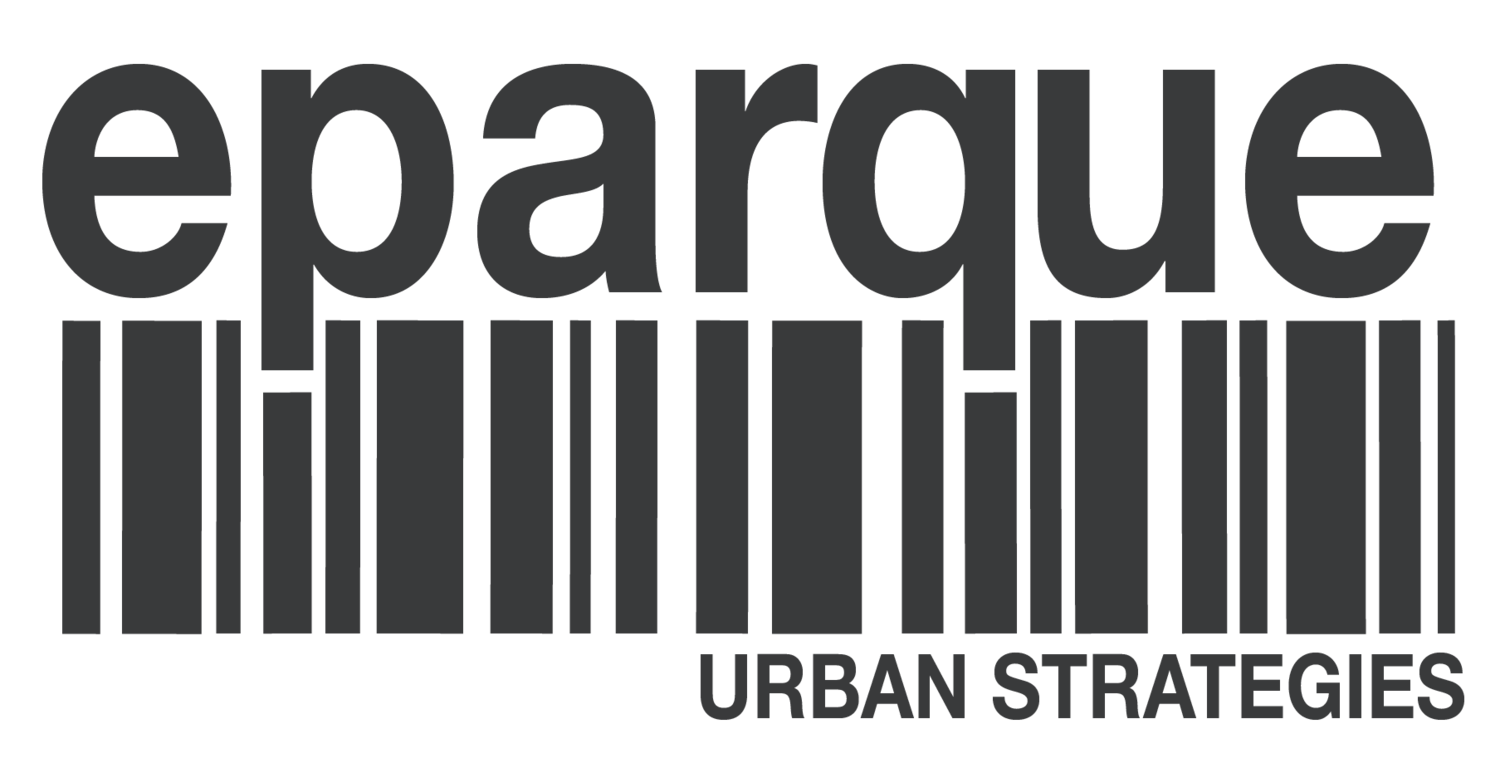Expertise
Cultural Policy and Strategy
Eparque supports government agencies, foundations, and non-profits to develop strategies and policies that center culture.
Qualitative and quantitative analyses to assess assets, potentials, and shortcomings of the arts and culture ecosystem
Cultural asset mapping
Baseline data analysis including social, demographic, and property data
Assessment of social and political dynamics of the area, existing policies, land availability, private sector engagement, infrastructure gaps, market conditions, Small and Medium Enterprises, and growth dynamics
Policy Analysis and crafting empirically based policy choices
Urban Planning
As urban planners, the Eparque team collaborates with artists, developers and government agencies to develop holistic master plans, land use policies and site plans that include arts and cultural elements.
Develop livable and competitive “places” by applying creative place-making strategies
Guide private sector and for-profit groups in operating with triple bottom line- sustainable developments that are responsible and supportive of arts and cultural endeavors
Advocate and understand the effect of land use policy in the area with specific focus on arts and cultural production, creative industries, and small scale manufacturing.
Take stock of available spaces and programming connected to the types of land uses and zoning- typology of uses to help figure out what uses are permitted and what points of constriction exist.
Arts and Culture Based Economic Development
The Eparque team knows that cultural assets help create identity for a place, foster a base for shared values and experiences. Places with strong cultural identities are more desirable and can serve as differentiators to attract jobs and talent.
Support system for creating jobs and develop small and medium enterprises (through grants, incentives, etc), and design cultural and natural tourism circuits to attract more visitors and increase their length of stay and spending per visitor.
Find incentives and build connections with community businesses to support arts/culture, develop or suggest financial tools to incentivize.
Support communities by analyzing the financial and professional capacity of private and public sectors.
Develop white papers and strategy documents to provide a menu of options to stakeholders in order to assist in choosing the right financing and implementation strategies.
Identify key public and private land holdings and private/communal and informal land ownership regimes.
Conduct analyses of commercial and residential land uses, propose priority areas for intervention, assess cultural and environmental endowments, define development projects, develop implementation strategy, and outline short, medium and long term goals.
